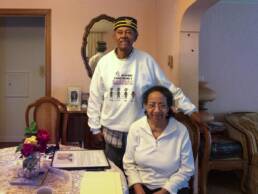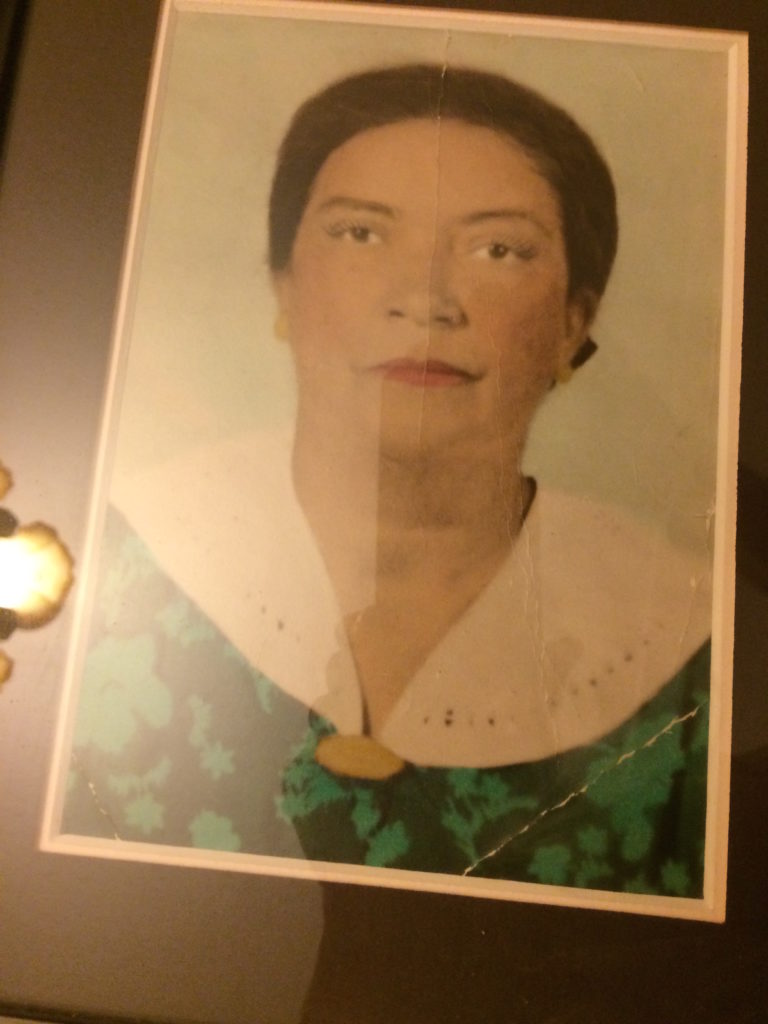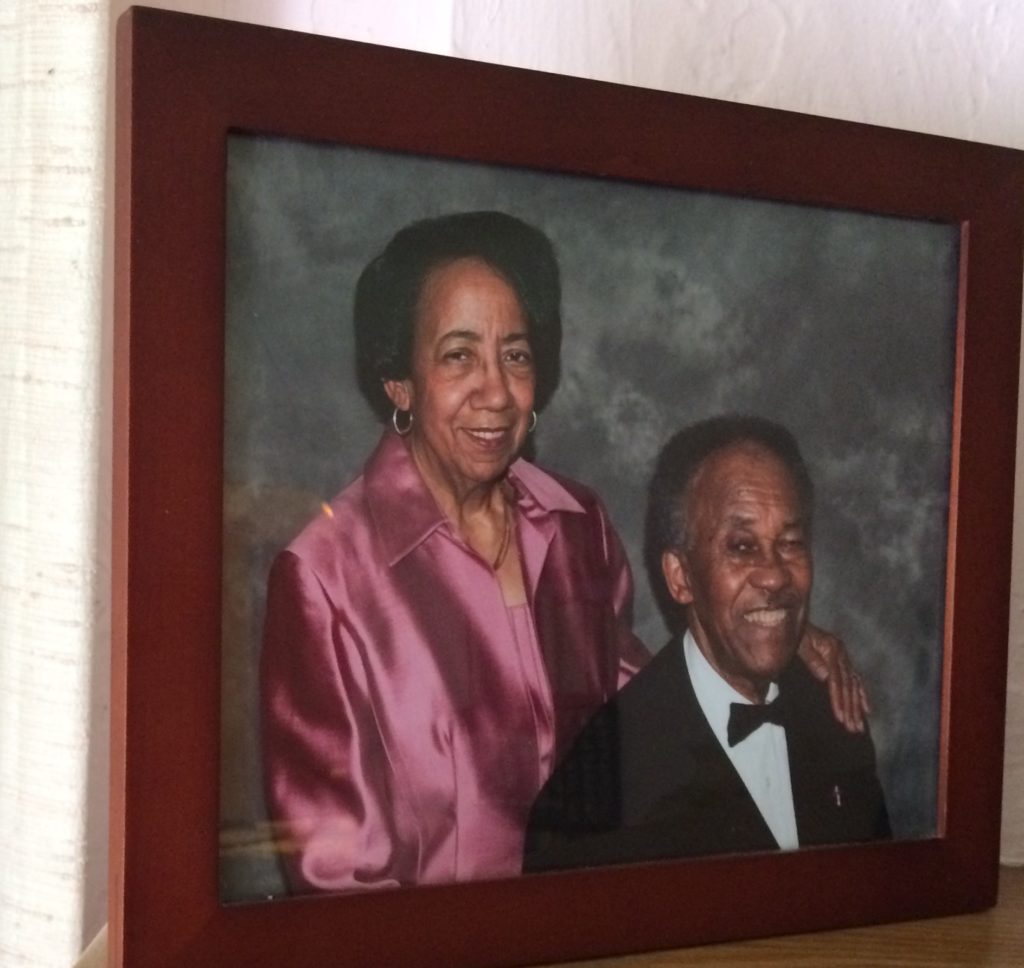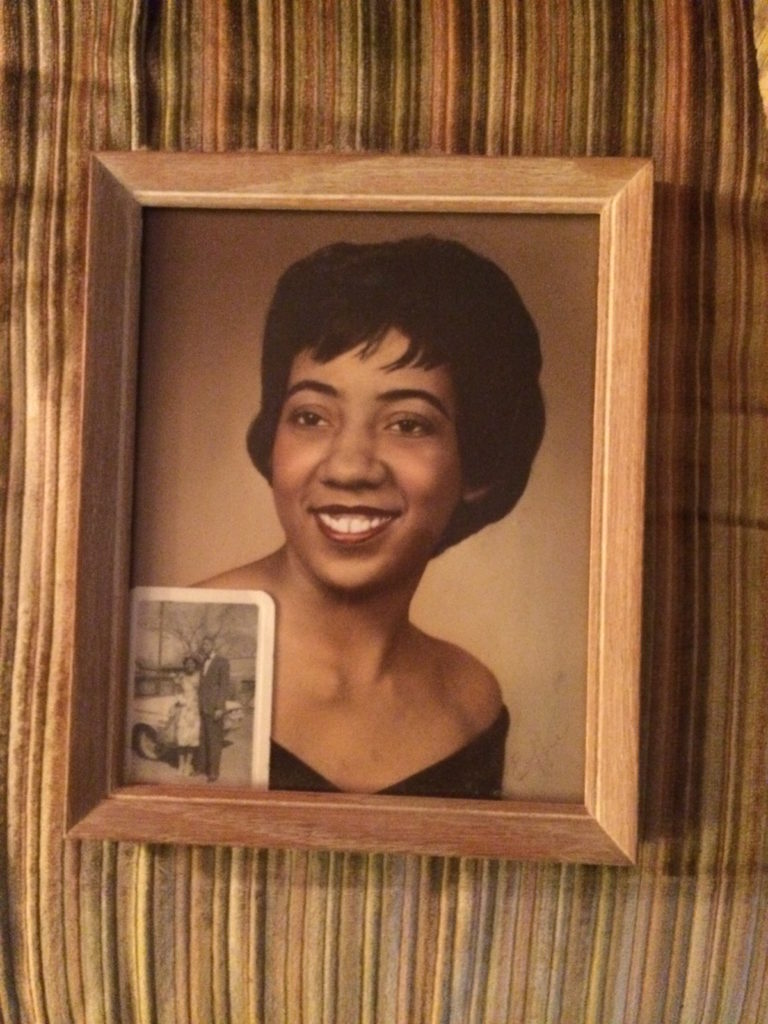Why did I move from Mississippi to Minneapolis? Oscar Howard, in Minneapolis, was working for Tuskegee University, recruiting people for their food service program. He had a catering company that ran the cafeteria at Honeywell and other companies. I worked for him at the Cafeteria of Coast-to-Coast. He knew a couple who moved from Jackson, Mississippi to Minneapolis, and he set it up so I could live with them. She worked for Honeywell and he worked for the VA. They didn’t have any children, so they called me their daughter. They lived on 42nd and 5th Ave S. This part of South Minneapolis was already integrated in the 1950s, with a few Black families.
— Effie Lee

Mississippi in the 1930s and 40s
I was born in De Kalb, Mississippi, the sixth of nine children. My dad was a school teacher, 8-12 grades. I was fortunate I was not in his classes. He had a reputation for being mean. He wasn’t mean, just strict. He wanted the students to learn, not play. It was kind of hard on my social life when I was a teenager, having my dad as a teacher. I remember once when there was a church revival. The whole community came out. When they started passing the platter me and my friends left together. When my dad came out of the church tent, my friends said “I don’t want the teacher catching me around his daughter” and they left me.
My mom was a homemaker. She came from Louisiana. There’s a lot I don’t know about her childhood. When her parents separated, she was sent to live with her aunt in Meridian, Mississippi. I only met two of her six brothers and sisters.
Black Farmers in Central Mississippi
My dad’s mom had a farm: about 80 acres We grew some cotton to sell. We’d take it to the gin in a big bin. We grew everything we ate on that farm. Most of the Black people did not have their own land. We shared food with neighbors who had a lot of kids. People in the south were good about helping each other out.
When you are reared up on a farm, there are a lot of things that people from the city have never heard about. We never bought anything except flour, salt and sugar. For shortening or lard, we’d kill a hog. When we killed a hog we would bed it down in a two foot bed of salt, and then put another layer of salt on top of it, curing it. I have no idea how they cure a hog today.
My niece and I visited my grandma’s farm a couple summers ago. It was amazing—all grown over with pine trees. The pond was still there. They used to lease ponds in the south, for people to fish. I was the only kid that would go with my grandma. I would play in the water while she fished. My grandma loved to fish. She cleaned them, fried them up.

Recruited by Tuskegee to Move from Mississippi to Minneapolis
I went to an all Black college in Jackson, Mississippi: Alcorn University. It was affordable for poor people. I was studying Home Economics. Oscar Howard, in Minneapolis, was working for Tuskegee University, recruiting people for their food service program. He convinced me to transfer. At Tuskegee you could go to school one semester and work the next: paid Internships. I did one internship in a hospital in a small town near Miami, Florida and one in Minneapolis. I preferred Florida but Oscar Howard was in Minneapolis and he offered me a job.
Oscar Howard had a catering company that provided what they called in-plant feeding. He would run the cafeteria at Honeywell and other companies. I worked for him at the Cafeteria of Coast-to-Coast.
He knew a couple who moved from Jackson, Mississippi to Minneapolis and he set it up so I would be able to live with them. She worked for Honeywell and he worked for the VA. They didn’t have any children. They called me their daughter. They lived on 42nd and 5th Ave S. This part of South Minneapolis was already integrated in the 1950s with a few Black families. Oscar Howard lived on 5th Avenue and 41st and his company was on 38th. I went to the St. Peters AME Church on 41st Street until I met Julius. St. Peters is still there. When I get so I can’t drive over to North Minneapolis maybe I’ll go back there.
Finding Home at the Zion Baptist Church
I was brought up in the Methodist Church in Mississippi. After I met Julius, we went together to the Zion Baptist Church on Olson Memorial Highway. It was strange for me. I told my mom about the services there, how the preacher was running from one end of the church to the other, screaming and hollering. In the Methodist church I grew up in, the preacher gave a speech and the people sat and listened.
The Zion Baptist Church became our community. We went there together until there was a split. I followed the side that formed Fellowship Baptist and Julius stayed with Zion. Both churches still exist on the North side. We continued to go to different churches until our grandchild started going to church with me. He told his grandpa he was going with grandma. That’s when we decided we needed to all be together. Now Julius can’t go to church. He listens to Zion on the radio on Sunday morning. Fellowship are the ones who come and give him communion.
Working Food Service
I kind of fell in love with the food service business. Especially the baking part: cakes and cookies. I didn’t like making pie crusts. The work in the cafeterias was hard. Hours were early. I got up at 3:30 to get to work, to make sure people had their coffee when they arrived at 5. When it snowed, I’d have to leave even earlier. At least there is no traffic at that time in the morning.
My last job was Lunds and Byerly’s. I made 41 salads. We’d prepare them in the afternoon so they’d be ready to platter up the next morning. Most people liked the turkey salad with the almonds in it and the wild rice salads. I stopped working when I was 78. Nobody wanted me to retire, but it was time. The retirement benefits are good. It was a union job: United Food and Commercial Workers.
Mississippi to Minneapolis, but still a Country Girl and a Southerner
The first time we talked, I asked Effie if she told people she was from Minnesota or Mississippi.
Well, I guess I say Minnesota—been here all my adult life—but not like my children, who were born here.
Did you ever consider moving back to Mississippi?
No. Instead I try to recruit my sisters to come from Mississippi to Minneapolis. I tell them, “There’s no place like it.”
The second time we talked, after hearing her descriptions of her grandma’s farm in Mississippi, I asked if she was a country girl of a city girl.
No, No, No, not a city girl. Country girl, definitely. And a Southerner. When we have visitors from the south at the church, I’m so eager to meet them. One man came to visit from De Kalb. My dad was his teacher! He said ‘He was a mean old teacher too.’
On KMOJ radio the other day, someone came into the station who was visiting from Philadelphia, Mississippi. I wanted to drive over to the station and meet the guy, to see if we knew anyone in common, but he was probably too young. Maybe I knew his parents.
I miss foods from Mississippi. In the garden we had string beans, butterbeans (lima beans), collard greens, turnip greens. When you plant turnip greens you have the root. We fried the greens and root in salt pork with some corn bread. Now, that is really good.



